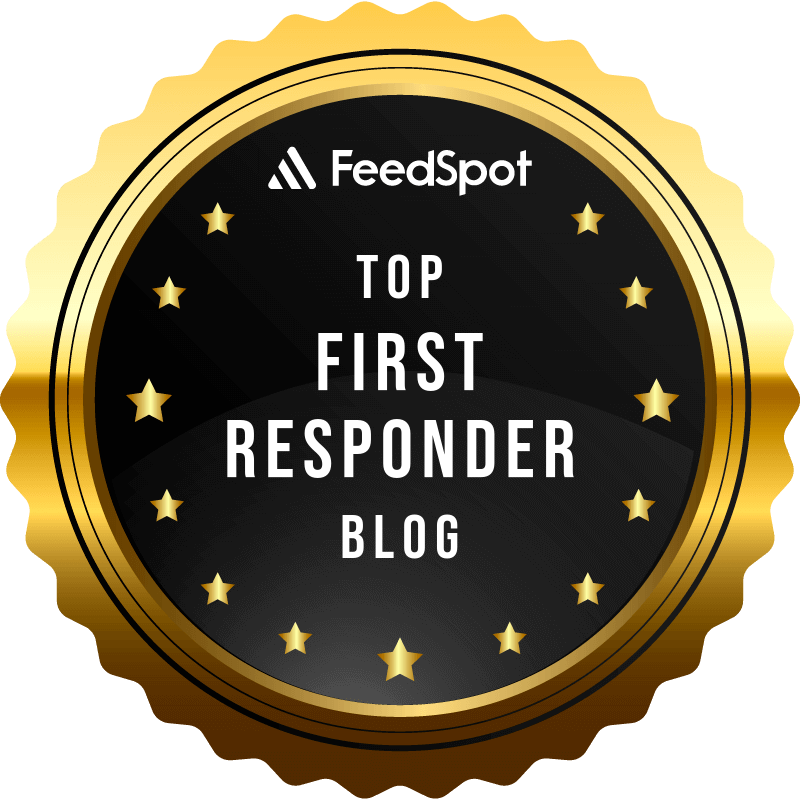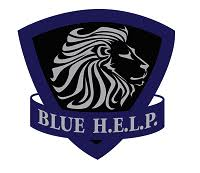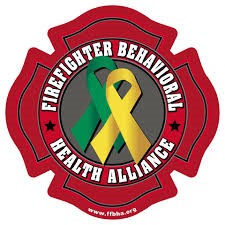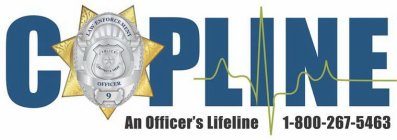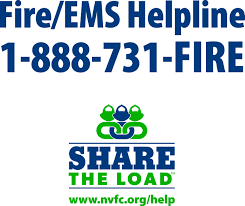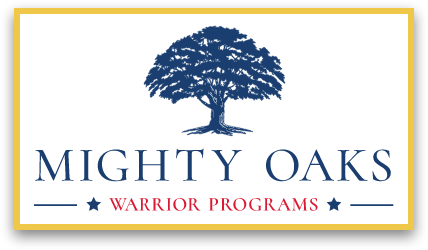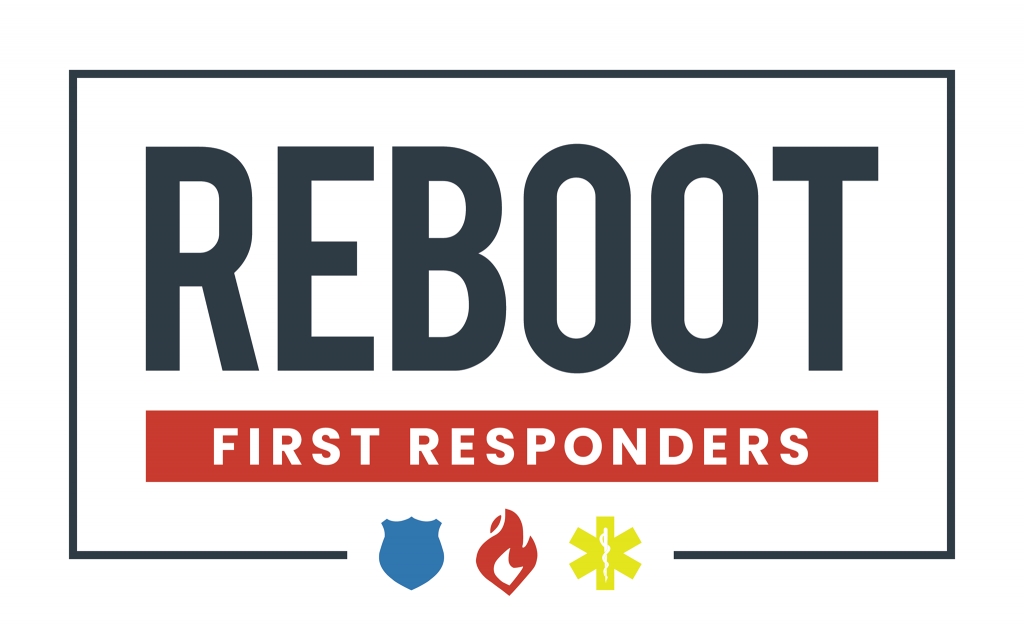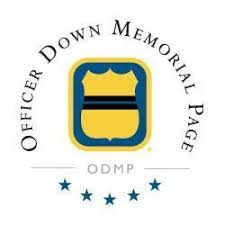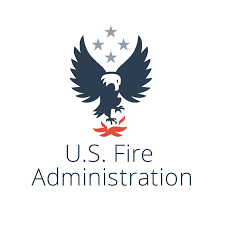Integrity – Why it is Important
Whoever walks in integrity walks securely,
but whoever takes crooked paths will be found out.
Proverbs 10:9
 You are held to a higher standard as a firefighter, medic, or cop. To be successful in your career, you must have the ability to gain the trust and respect of those around you; you must have integrity. Integrity embraces every aspect of who we are and all we do. It is what we are, not something we have. Living with integrity is following your core values. Any person that values integrity will have minimal to no corruption or wrongdoing.
You are held to a higher standard as a firefighter, medic, or cop. To be successful in your career, you must have the ability to gain the trust and respect of those around you; you must have integrity. Integrity embraces every aspect of who we are and all we do. It is what we are, not something we have. Living with integrity is following your core values. Any person that values integrity will have minimal to no corruption or wrongdoing.
Integrity may appear to be an ambiguous word, you know you need it, and you know it’s good to have, but you’re not sure what integrity is or how to show you’ve got it. Integrity is one of the essential virtues of a first responder, despite being a complex trait to measure.
The Oxford Languages Dictionary defines integrity as:
- The quality of being honest and having strong moral principles; moral uprightness.
Dictionary.com defines it as:
- Adherence to moral and ethical principles; soundness of moral character; honesty.
Being part of the U.S. Army’s core values, integrity is defined as “Do what’s right, legally and morally. Integrity is a quality you develop by adhering to moral principles. It requires that you do and say nothing that deceives others.”
British writer and Anglican lay theologian C.S. Lewis once said, “integrity is doing the right thing, even when no one is looking.” Integrity is a foundational moral virtue and the foundation of good character. Personal integrity is being honest, truthful, trustworthy, straightforward, and living with strong moral and ethical principles. It has to do with how you act and who you are. Integrity is a self-imposed adherence to moral principles, exemplified by fundamental character traits, including dependability, bravery, honesty, self-control, and tolerance.
Working in the First Responder arena doesn’t automatically give you ethics or morality. Although there may be a solid culture of doing what is right, many departments and agencies can become toxic if a positive culture isn’t upheld. Departments and agencies need to develop a “culture of integrity,” a practice of doing the right thing, and an atmosphere that supports trust, honesty, open communication, and moral behavior.
As a First Responder, having a solid moral and ethical base is extremely important; our lives depend on it. Without an organizational culture that emphasizes ethics and integrity, this cannot happen. A culture of ethics and integrity provides the means for departments and agencies to better serve their communities by achieving stated objectives and upholding the public trust.
The integrity of the upright guides them,
but the unfaithful are destroyed by their duplicity.
Proverbs 11:3
Public trust is tantamount among first responders. We work as a team and rely on each other; integrity and confidence are essential. One who lacks integrity may never be trusted, and as a result, his team’s safety and cohesiveness may suffer.
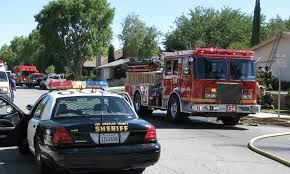 In our occupations, being of good character and living with integrity is essential for good leadership. Most leadership failures are a result of a lack of integrity. These leaders abuse their power, are corrupt, and shuck their responsibilities. Many of these leaders used their charisma to promote and lack any character. History has repeatedly shown us leaders who showed great charisma and political savvy and failed because they lacked character and integrity.
In our occupations, being of good character and living with integrity is essential for good leadership. Most leadership failures are a result of a lack of integrity. These leaders abuse their power, are corrupt, and shuck their responsibilities. Many of these leaders used their charisma to promote and lack any character. History has repeatedly shown us leaders who showed great charisma and political savvy and failed because they lacked character and integrity.
On the other hand, authentic leaders are aware of the connection between morality and leadership success, especially the value of integrity. These leaders exemplify service; they welcome mentoring their subordinates and realize that being a leader is an ongoing personal learning process. Authentic leaders are not just people in a position; they also have a special responsibility that requires constant work for their proactive growth and the motivation, inspiration, training, and development of others. Real leaders show INTEGRITY.
The Bible teaches us a lot about integrity, writing most of the Book of Proverbs, King Soloman wrote; Proverbs 10:9 – “Whoever walks in integrity walks securely, but he who makes his ways crooked will be found out.” Proverbs 28:6 – “Better is a poor man who walks in his integrity than a rich man who is crooked in his ways.” Proverbs 20:7 – “The righteous who walks in his integrity— blessed are his children after him!”
In Psalm 41:11-12, King David wrote, “I know that you are pleased with me, for my enemy does not triumph over me. Because of my integrity, you uphold me and set me in your presence forever.” The Apostle Paul taught, “For we aim at what is honorable not only in the Lord’s sight but also in the sight of man.” 2 Corinthians 8:21.
The Bible also outlines the dangers of not walking with integrity, including losing freedom, retaliation, destruction, exposure, and accountability. Proverbs 19:1 – “Better is a poor person who walks in his integrity than one who is crooked in speech and is a fool.”
Proverbs 11:3 –“The integrity of the upright guides them, but the crookedness of the treacherous destroys them.” If you have integrity, it will serve as a beacon for you, guiding you on the correct path. Abimelech’s life was spared because he had a heart of integrity.
Integrity does not come naturally or readily. The only way to build and maintain the correct worldview is to adopt the right values, attitudes, and behaviors and continue relying on and obeying Jesus Christ and the indwelling Holy Spirit.
As First Responders, we swore to protect good and fight evil. Many have lost track of their priorities and have put the job first in their lives. If you are experiencing lower than usual sense of self-worth, depression or misplaced guilt, inability to specifically remember or talk about the trauma, feeling numb emotionally, dissociation (not aware of the present moment), a feeling of disconnection from your everyday lives, feeling hyper-aroused and vigilant for danger all the time, lashing out in irritability or unexplained anger, feeling jittery, or unable to concentrate on tasks at hand or other anxiety disorders, such as panic or intense distress, talk to someone and get help. Get back to the basics. Put God First, Family Second, and the job further down in the order.
IF YOU HAVE THOUGHTS OF SUICIDE, GET HELP NOW
Law Enforcement Copline (800) 267-5463
Firefighters / Medics Fire/EMS HELPLINE (800) 731-FIRE (3473)


